Recruiting for International Projects: The 3 Main Options
Recruiting new members for your team is always an exciting yet daunting experience. But, add in the extra challenge of hiring in a new, foreign country for an international project and recruitment just got a whole more complex. Traditionally, businesses will use 3 types of hiring models to help when recruiting for an international project and it can be confusing to decipher which is best for your business. Read on as we explain the three main options for hiring internationally including the pros and cons of each.
1. Setting up a foreign subsidiary
The first option is offshoring, which involves a company establishing a legal entity in a new country and employing their staff themselves. This method is often very popular amongst expanding businesses due to the fact that companies employ directly without the need for a third party. Therefore, employees are their own and businesses feel it establishes their long-term interest and security in working in said country. However, establishing a foreign subsidiary is an incredibly expensive, not to mention long process that can ramp up the cost and time of getting your business on the global stage. Meanwhile, with this approach, companies are required to have an in-depth knowledge of local employment laws, which can be complex and laden with red tape. This can therefore lead to non-compliance and cause risks for expanding businesses all the while taking focus away from your international project.
2. Outsourcing
Of course, as with local recruitment, if you are struggling to find the right employees then outsourcing your work is an option. Providing a relatively quick solution, outsourcing can be a fantastic way to test the market in a new country without fully committing to a legal entity or permanent employees. However, with this method you will be less in control of the work produced and the quality may not be to your company’s standard. Plus, it’s worth remembering that when outsourcing, these people are not your employees, instead they may be working with other companies or other projects. Likewise, outsourcing prevents you establishing a thriving international team and can reduce your presence in a new market.
3. Working with a PEO partner
Last but certainly not least, the third model is working with a PEO partner. Instead of setting up a legal entity, you select the employees you wish to hire and engage them via a PEO model. Unlike outsourcing, your employees are fully employed and managed by you while a PEO ensures that all legal requirements such as tax, social security and benefits are complied with. Allowing you to hire freely in a new country without the worry of employment laws and legislation, a PEO overcomes the obstacles of both outsourcing and establishing a legal subsidiary providing an all-round solution for hiring internationally.
For more information on our PEO services and to see how our expert team can support your international expansion, contact us today.





